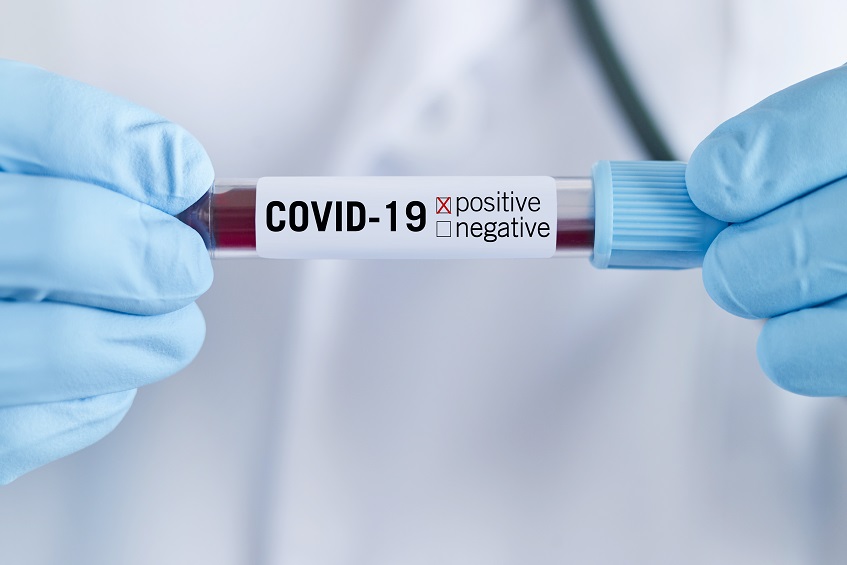
The first known confirmed B.1.1.529 infection was from a specimen collected on 9 November 2021.
On 26 November 2021, WHO named variant B.1.1.529 as Omicron and designated it as a Variant of Concern (VOC).
Since its first detection in South Africa on 24 November 2021, this variant has spread to dozens of countries globally, including the first case in Malaysia on 3 December 2021.
| What is Omicron? | The Omicron variant has a high number of mutations (~50) with 26-32 mutations located on its spike protein. Some of these mutations are also found on other VOCs such as Alpha, Beta, Gamma and Delta. | ||||||
|---|---|---|---|---|---|---|---|
| How transmissible is Omicron? | It is highly likely that there is extensive transmission of Omicron. Omicron is spreading faster than any previous strain, and it is probably present in most countries of the world. However, it is not yet clear if Omicron is more transmissible (spreads more easily) from person to person compared to other variants, including Delta. | ||||||
| Does Omicron cause more severe illnesses and deaths? | More data are needed to determine if infection with the Omicron variant is associated with more severe illnesses or deaths compared to other variants, including Delta. Currently there is no information to suggest that symptoms associated with Omicron are different from those from other variants. | ||||||
| Can a Polymerase Chain Reaction (PCR) test detect the Omicron infection? | Yes, PCR tests can detect Omicron infections. PCR tests target several parts of the viral genome with one of the targets being the S-gene (that encodes the spike protein). The Omicron has a mutation at the S-gene, so this part of the PCR test will fail. This is called S-gene target failure and how an Omicron infection is detected during a PCR test. | ||||||
| Does Omicron reduce the effectiveness of the current COVID-19 vaccines? | More data are needed to determine the extent to which current COVID-19 vaccines can protect against Omicron infection. | ||||||
| How is an infection with Omicron treated? | Treatment remains the same for COVID-19 patients. However, scientists are working to determine how well do existing treatments work. | ||||||
As part of our commitment to better serve the community, we are providing COVID-19 Drive-Thru Screening Services. Book your appointment with us to get your PCR test via the drive-thru service at Gleneagles Hospital.
Resources:
Wait a minute